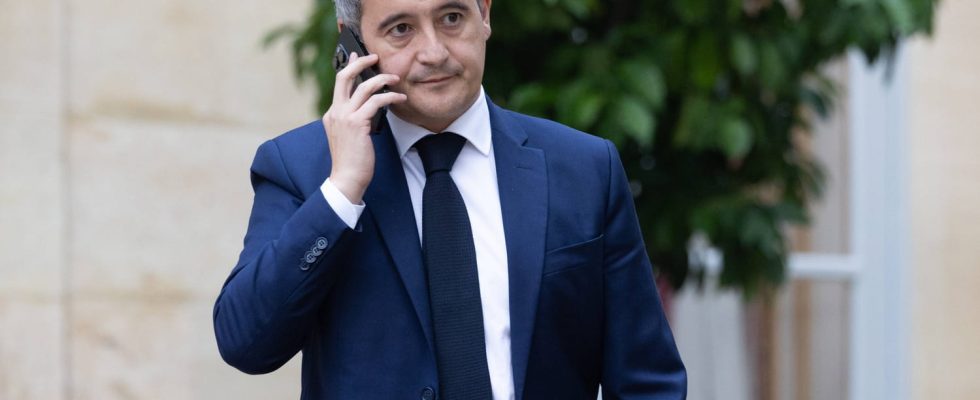Examined in the National Assembly on Monday, December 11, the immigration bill is largely threatened by a rejection motion which will be defended by environmentalists at the opening of the debate in session.
Gérald Darmanin must play the balancing act. Monday, December 11, the immigration bill will be examined in the National Assembly. And the least we can say is that the project is far from being unanimously supported within the political spectrum. The Republicans (LR) are talking about an “unraveling” of the project – clearly toughened by right-wing senators – in the Law Commission, notably with the return of state medical aid. On the left, the text is considered too restrictive. As a result, the Minister of the Interior finds himself in an uncomfortable position. The latter wants at all costs to avoid the use of 49.3 so as not to offend certain members of the majority, rather on the left side. The crime of illegal residence also constitutes one of the main elements of debate. On this point, Place Beauvau could give up some weight to try to seduce the right.
Problem for the government, the immigration law could well be repealed at the beginning of next week in the National Assembly. Indeed, the environmentalist deputies will defend a motion of prior rejection of the majority’s project. If the Greens were to be supported by other deputies opposed to the text, on the Republican side or in the ranks of the National Rally, Gérald Darmanin’s immigration bill could well never see the light of day, at least as it stands. .
Motion to reject, what consequences for the government?
The little-known rejection motion allows a text to be rejected even before its articles are discussed by the National Assembly due to constitutional provisions or different policies. But then, if the environmentalists’ motion of censure were to be voted on and the immigration bill automatically rejected, what options would then be available to the government?
First hypothesis, the return to the Senate. If the Assembly rejects the bill, the text could go back to the Senate, hence the importance for Gérald Darmanin to adopt a text close to that of the senators. The goal is to find the perfect balance so as not to alienate part of the majority. After examination by the Senate, the text would return to the Assembly. Second option for the government: convening a joint committee. Seven senators and seven deputies would then be responsible for finding common ground. Finally, the outright withdrawal of the text if the Republicans and the left do not reach a compromise. The right, for its part, remains in favor of a stricter version than that advocated by the Law Commission. This possibility can only be activated by the President of the Republic, Emmanuel Macron.
